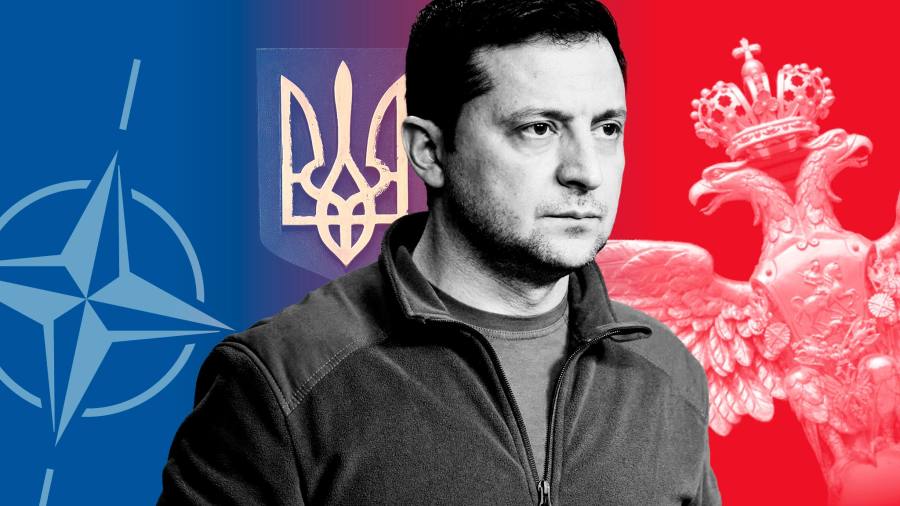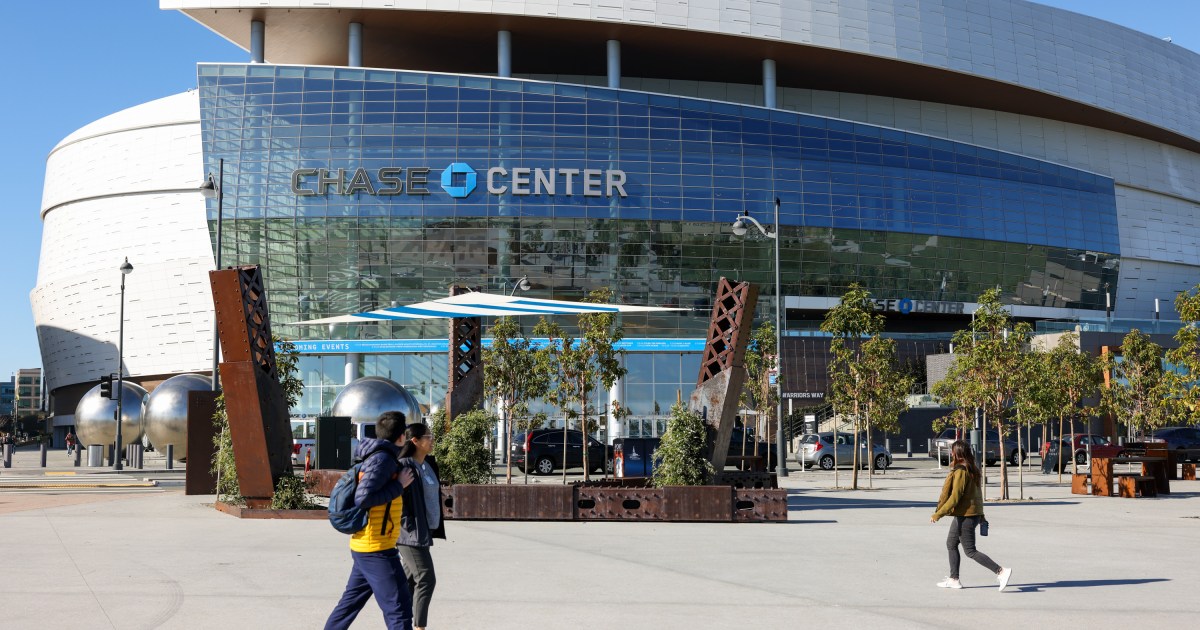Waiting for the Tube, I see a poster for an upmarket gym chain. Locations? “City of London. High Street Kensington. Dubai.” What a shame to choose a setting that is so disfigured with bad taste and clueless expats. Still, the City and Dubai branches must be first-rate.
Soon after, I am in Doha, and again the Euro-Gulf linkage is inescapable. The emir of Qatar is back from a state visit to Britain, where the hosts were angling for a trade deal. Swiss-headquartered Fifa has just given the World Cup hosting rights to Saudi Arabia. Even in skyscraper-free Muscat, where alleys that might have been rationalised elsewhere in the Gulf twist freely behind the corniche, three restaurants in my hotel are outposts of Mayfair brands.
What a shame the word “Eurabia” is taken. And by such cranks. (It is a far-right term for a supposed plot to Islamise Europe.) Because we are going to need a word for this relationship. The Arabian peninsula has what Europe lacks: space, natural wealth and the resulting budget surpluses to invest in things. For its part, Europe has “soft” assets that Gulf states must acquire, host or emulate to carve out a post-oil role in the world. This isn’t the Gulf’s deepest external connection. Not while 38 per cent of people in the UAE and a quarter in Qatar are Indian. But it might be the most symbiotic, if I understand that word correctly.
True, the US has a defence presence in all six Gulf Cooperation Council states. This includes the Saudi footprint that Osama bin Laden wasn’t super-stoked about. But everyday contact? America is a 15-hour flight away. Its soft assets are either harder to buy or less coveted. Its citizens have little fiscal incentive to live in tax havens, as Uncle Sam charges them at least some of the difference.
In the 1970s, when Opec profits gushed through London, Anthony Burgess wrote a dystopia in which grand hotels became “al-Klaridges” and “al-Dorchester”. What a mental jolt it was for even the worldliest Europeans to see — we mustn’t pussyfoot around this — non-white people with more money than them. Still, they could condescend to the Gulf as being no place to live. Half a century on, their grandchildren would call that copium. In fact, their grandchildren might literally live there for economic opportunities. (Al-Dorado?) As a banker friend explains it, the time zones allow you to sleep late, trade the European markets, then dine late, so it is the young ones who do a Gulf stint, not the burnouts who are my age.
For how long, though? It is the sheer unlikelihood of this tryst, between a universal rights culture and monarchical absolutism, between a mostly secular continent and the home peninsula of an ancient faith, that distinguishes it from anything I can think of. A relationship can be both necessary and untenable. It wouldn’t take much — some intra-GCC violence, say, which seemed close in 2017 — for Europe’s exposure to the Gulf to age as badly as its former openness to Russia. If Abu Dhabi-owned Manchester City are found to have committed financial chicanery, a chunk of Premier League history will be tainted. Because it is “just” sport, I sense people are underprepared for the backlash.
And it is parochial to assume that the relationship could only ever break down on one end. It is the Gulf side that has to make the awkwardest cultural adjustments. Because Europeans associate 1979 with Iran and perhaps with Margaret Thatcher, they sometimes pass over the seizure of the Grand Mosque in Mecca by zealots who thought the House of Saud had grown soft on western habits. Governments in the region assuredly don’t forget.
How far a place can liberalise without tripping a cultural wire occupies (and is answered differently in) each state, or emirate. Everyone is very nice to “Mister Janan” in his Doha hotel. But the metal scanners that must be passed on each re-entry to the building stand as a reminder of the stakes here. I wonder if Europe and the Gulf throw so much into their liaison out of a niggling doubt that it can last.
Email Janan at janan.ganesh@ft.com
Find out about our latest stories first — follow FT Weekend on Instagram and X, and sign up to receive the FT Weekend newsletter every Saturday morning

























/cdn.vox-cdn.com/uploads/chorus_asset/file/25822586/STK169_ZUCKERBERG_MAGA_STKS491_CVIRGINIA_A.jpg)

